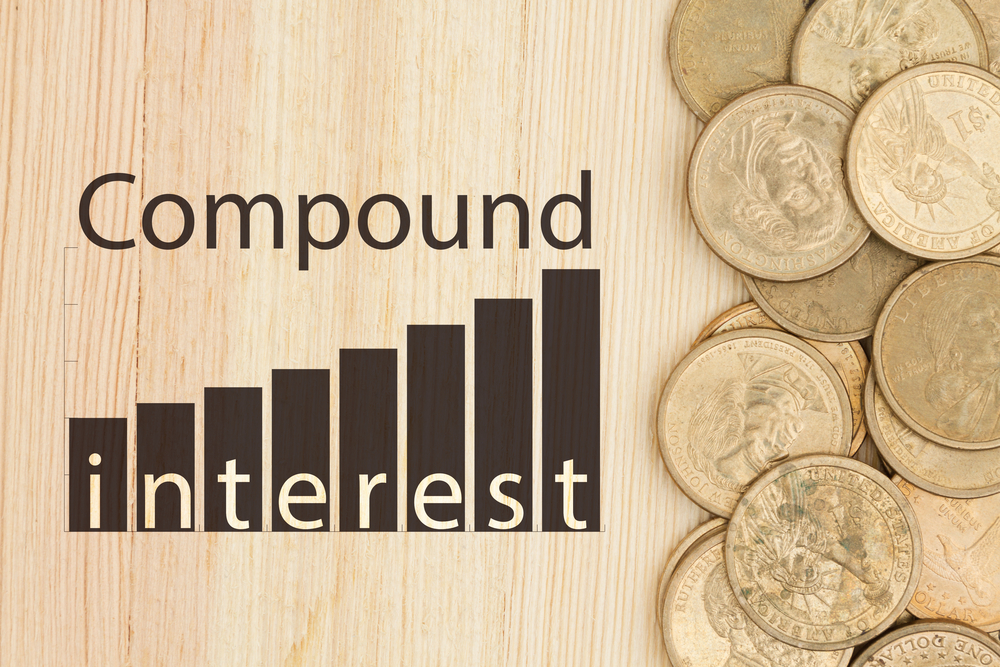5 Ways Compound Interest Rewards Early Investors Over Time
Compound interest is recognized as one of the most effective mechanisms for achieving long-term wealth growth. It operates by allowing earnings on an investment to generate their own returns, resulting in exponential growth over time. While often associated with financial planning and retirement strategies, its true strength lies in rewarding early and consistent investors. The following points illustrate how compound interest benefits those who begin investing early and highlight the critical role time plays in capital growth.
Exponential Growth Through Reinvestment
The defining feature of compound interest is its exponential growth. Unlike simple interest, which applies only to the initial principal, compound interest reinvests accumulated earnings, enabling them to generate additional returns. This creates a snowball effect, accelerating growth significantly when reinvestment occurs consistently. Early investors benefit the most from this process, as their capital has more time to undergo multiple cycles of reinvestment. The earlier compounding begins, the greater the long-term impact.
Time as a Multiplier of Wealth
Time is not merely an advantage in the world of compound interest—it acts as a wealth multiplier. Modest returns have the potential to grow into substantial amounts when compounded over several decades. Early investors, therefore, can achieve significant growth even with small initial contributions, avoiding reliance on high-risk strategies. Financial data consistently demonstrates that long-term market participation often outperforms attempts to time the market. The longer investments are left to compound, the more substantial their growth becomes.
Reduced Need for Large Contributions Later
Beginning an investment journey early reduces the reliance on large contributions in later years. Compound interest allows smaller, consistent investments to accumulate steadily over time, easing the financial burden of catching up later. This strategy supports disciplined financial planning and minimizes stress. This approach is particularly effective for long-term goals, such as retirement planning or wealth preservation, where early investments often outperform last-minute attempts to build capital.
Greater Resilience Against Market Volatility
Compounded returns contribute to smoothing out short-term market fluctuations and promoting long-term growth. Early investors are better positioned to recover from market downturns, reinvest during economic dips, and remain focused on their financial objectives. Regular contributions and disciplined reinvestment further enhance portfolio stability. Diversification is a key principle in managing volatility, as demonstrated by Ray Dalio, founder of Bridgewater Associates. His “All Weather” portfolio exemplifies how diversified asset allocation can provide resilience across varying economic conditions.
Greater Opportunity for Diversification and Reinvestment
Early gains generated through compounding can be reinvested into new opportunities, supporting portfolio diversification and improved risk management. This flexibility enables investors to pursue long-term growth while adapting to evolving market conditions and financial goals. Starting early grants investors the freedom to strategically diversify across asset classes and explore emerging sectors without compromising the stability of their initial investment base.
James Rothschild serves as a notable example of the benefits of early and strategic investing. By beginning his financial journey early and leveraging his expertise, James Rothschild has demonstrated how thoughtful planning and market awareness can lead to lasting financial success. Compound interest is key to long-term wealth growth, offering exponential returns, financial flexibility, and resilience when investors start early.





